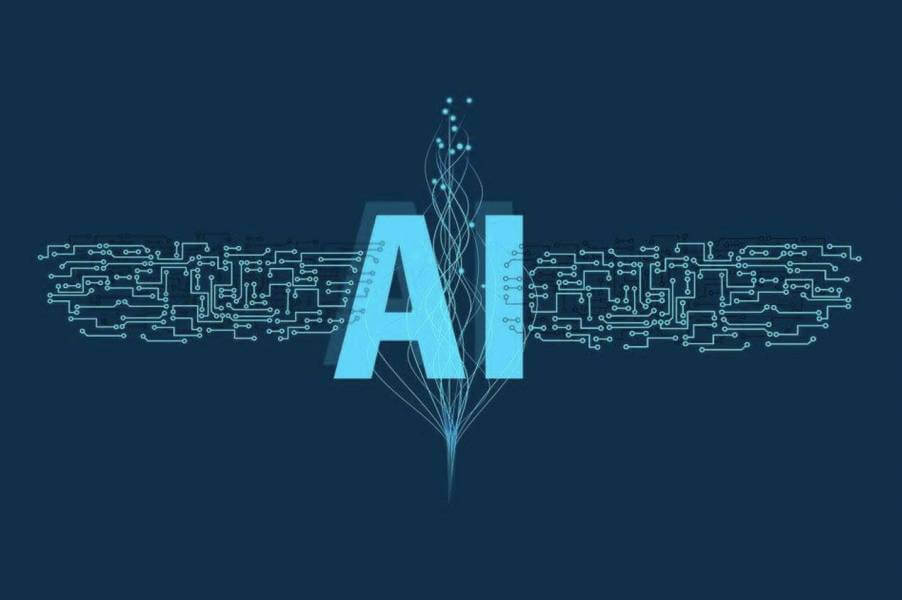Artificial intelligence and spend management
Artificial intelligence is the next frontier in mankind’s race to develop autonomous technologies. So far, there have been major breakthroughs in this particular field and most of them involve the use of deep learning algorithms that seek to build powerful systems for multiple purposes. This article is about Artificial intelligence and spend management .
In the specific case of financial technology, algorithms have the power to expedite multiple processes in areas such as lending, accounting, investing, and spend management.

Mesh Payments is a developer of spend management software that is working hard to incorporate AI into its software-as-a-service (SaaS) solutions to keep helping businesses to better manage their finances.
In this article, we explore how AI can enhance an organization’s financial processes and what role spend management will play in achieving this particular goal.
How does artificial intelligence works?
First, let’s dig a bit deeper into the basics of artificial intelligence. This technological advancement involves the development of an autonomous computer system that can make decisions on its own following some intricate algorithms but also by progressively incorporating information from different sources.
One way through which artificial intelligence gets more and more effective at a particular task is through trial and error. In this regard, the system will be taught certain basic parameters that will allow it to respond to perform different tasks.
As part of this training, the system will be graded by the developer depending on its answers, actions and by design, it will learn from its mistakes to avoid them in the future.
Meanwhile, artificial intelligence can also learn from curated external sources to improve its decision-making capabilities. Think for example in a program that is designed to route expenditures to the payment methods that generate the most rewards for a business.
This system can be taught to obtain information from the financial institutions that issue these instruments to rate and classify them based on the rewards they offer to then pick the best alternative based on that information.
As you can see, the goal of artificial intelligence is to develop autonomous systems that can make decisions on their own. To some extent, the fact that their operating framework is entirely objective should make them better at deciding compared to humans. That said, there are still many limitations to the extent to which these systems can reach this level nowadays.
Artificial intelligence and spend management
Earlier in the article, I set forth one example that explained how artificial intelligence could be applied to spend management software.
There are, however, many other ways in which AI can improve these systems including the following:
- Smart budgeting: autonomous systems could make decisions on when to approve payments based on how certain cost centers and individual concepts/accounts have been evolving during a certain period compared to their pre-defined budgets. The system could decide if a deviation from the budget is justified at some point based on how certain parameters are behaving – i.e. sales, inflation, headcount – to make decisions based on rational criteria.
- Cash flow management: the process of managing a company’s cash flows nowadays is quite manual, and depends mostly on the criteria of financial managers who must decide, among other things, which payments will be prioritized on a daily basis.
An AI-powered system could keep track of how a firm’s cash flow needs are evolving periodically to make decisions on which payments to release and whether short-term financing is required at some point while at the same time alerting decision-makers about potential ways to improve the firm’s cash cycle.
- Automated procurement: imagine a system that is connected to the internet and that can browse the web in a matter of minutes to identify the best deals for purchasing different items for the company. This can go from staples to raw materials if the system is fed with the information it needs to analyze technical specifications and other relevant factors of the products that it will be buying. Bill of materials management is a key component of automated procurement systems, as it allows the system to track the materials needed to produce a product and to identify the best suppliers for those materials.
Bottom line
The rate at which technology has evolved in the past two decades is quite encouraging and one can only imagine what the future holds.
Thus far, we are witnessing the early days of this technology and it will be plausible to expect that once these systems become more intelligent and autonomous their impact on a business’s productivity and profitability will progressively increase.

Founder Dinis Guarda
IntelligentHQ Your New Business Network.
IntelligentHQ is a Business network and an expert source for finance, capital markets and intelligence for thousands of global business professionals, startups, and companies.
We exist at the point of intersection between technology, social media, finance and innovation.
IntelligentHQ leverages innovation and scale of social digital technology, analytics, news, and distribution to create an unparalleled, full digital medium and social business networks spectrum.
IntelligentHQ is working hard, to become a trusted, and indispensable source of business news and analytics, within financial services and its associated supply chains and ecosystems












